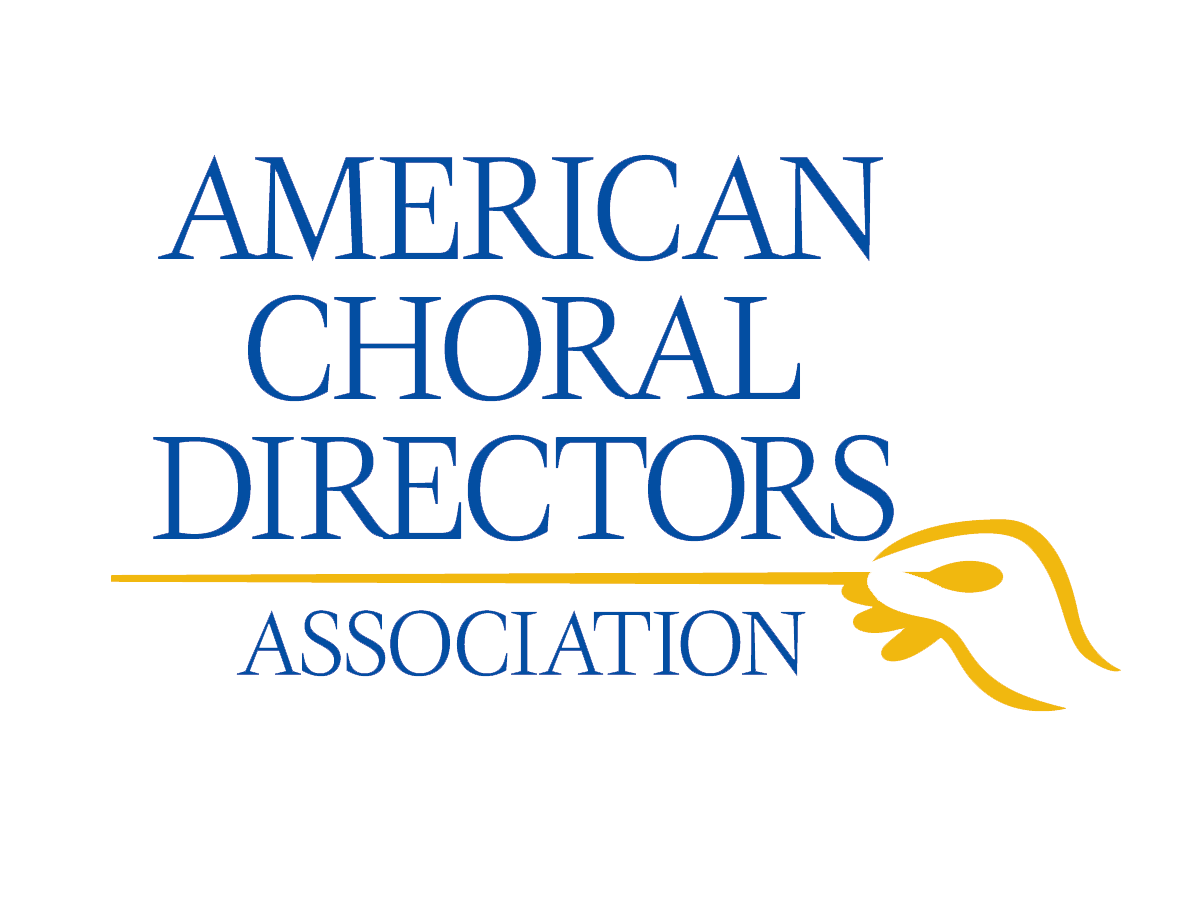The purpose of this study was to investigate music performance self-efficacy and achievement among secondary school choral music students. I specifically examined the relationships between the four sources of self-efficacy (enactive mastery experience, vicarious experience, verbal/social persuasion, and physiological and affective state) and the composite construct, as well as years of private lessons and practice time. In addition, I compared self-efficacy beliefs by grade, school, voice part, camp attendance, and voice lessons. Participants (N = 42) completed the Music Performance Self-Efficacy Scale (Zelenak, 2011), provided demographic data, and reported average weekly practice time in preparation for a competitive choral event. Results indicated a significant negative correlation between Verbal/social persuasion and competitive ranking (rs = -.36, p = .02). Those with higher scores on the verbal/social persuasion subscale were ranked higher (received a lower number ranking) than those with lower scores. I found no significant differences in composite self efficacy beliefs among voice parts, grade levels, or those engaged in private vocal instruction. The results contribute to the literature linking musical self-efficacy and achievement and replicate previous findings of the relationship between the verbal/social persuasion factor of musical self-efficacy and achievement.
You are here: Home / IJRCS / Self-Efficacy and Achievement among Secondary School Vocalists: An Exploratory Study


